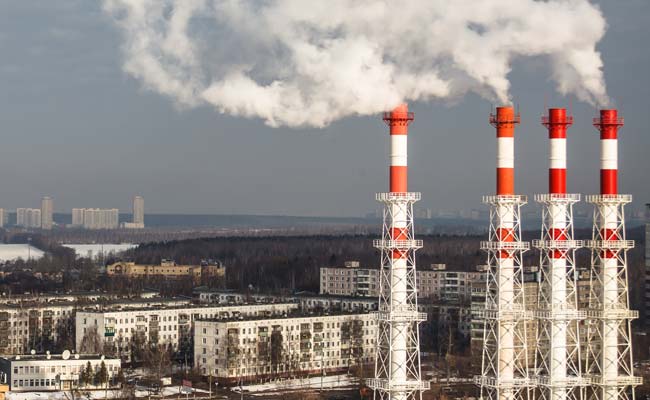
India to come up with new National Energy Policy
The Dollar Business Bureau  India is set to become the main driver of the global energy demand from 2020s and is in the middle of transformation mainly driven by the energy sector. In this regard, ‘What matters to India, will matter to the world and that’s the reason we are focusing on India in 2015,’ says Fatih Birol, Chief Economist, International Energy Agency (IEA). The IEA Chief Economist was addressing a workshop on ‘India Energy Outlook’, which was jointly organised by the IEA and National Institution for Transforming India (NITI) Aayog, with the support of The Energy and Resources Institute (TERI). In his address, the IEA economist said, ‘India needs $100 billion to meet its growing energy demand and the developments in India will have far-reaching consequences for regional and global markets. The nuclear energy will play a critical role in meeting energy requirements and also in reducing greenhouse gas emissions, he added. He further stated that India will become more exposed to the international markets in the case of fossil fuels and said that the oil security will be an issue for India as the country’s dependence on the global markets for energy will increase in times to come. Speaking on the occasion, Arvind Panagariya, Vice-Chairman, NITI Aayog, said, “India needs to rapidly expand its energy market in view of the increasing demand for energy usage. We will need a new National Energy Policy.” He further informed that it’s only due to the Power Ministry's efforts around the coal sector, the diesel prices are now in alignment with the market prices. We need to take away the subsidies from the rich people in order to give a clean energy to the poor, he added. Speaking at the meet, Piyush Goyal, Union Power Minister informed that the Indian government is working towards generating 100 billion units of electricity in the next three years and is also keen to scale up the renewable sector from the present 6% to 15%. The Union Petroleum Minister also informed that the government is working towards forming a new fiscal policy for gas pricing and the plans are also underway to build 15,000 km of gas pipelines as an addition to the existing 15,000 km-spread pipelines.
India is set to become the main driver of the global energy demand from 2020s and is in the middle of transformation mainly driven by the energy sector. In this regard, ‘What matters to India, will matter to the world and that’s the reason we are focusing on India in 2015,’ says Fatih Birol, Chief Economist, International Energy Agency (IEA). The IEA Chief Economist was addressing a workshop on ‘India Energy Outlook’, which was jointly organised by the IEA and National Institution for Transforming India (NITI) Aayog, with the support of The Energy and Resources Institute (TERI). In his address, the IEA economist said, ‘India needs $100 billion to meet its growing energy demand and the developments in India will have far-reaching consequences for regional and global markets. The nuclear energy will play a critical role in meeting energy requirements and also in reducing greenhouse gas emissions, he added. He further stated that India will become more exposed to the international markets in the case of fossil fuels and said that the oil security will be an issue for India as the country’s dependence on the global markets for energy will increase in times to come. Speaking on the occasion, Arvind Panagariya, Vice-Chairman, NITI Aayog, said, “India needs to rapidly expand its energy market in view of the increasing demand for energy usage. We will need a new National Energy Policy.” He further informed that it’s only due to the Power Ministry's efforts around the coal sector, the diesel prices are now in alignment with the market prices. We need to take away the subsidies from the rich people in order to give a clean energy to the poor, he added. Speaking at the meet, Piyush Goyal, Union Power Minister informed that the Indian government is working towards generating 100 billion units of electricity in the next three years and is also keen to scale up the renewable sector from the present 6% to 15%. The Union Petroleum Minister also informed that the government is working towards forming a new fiscal policy for gas pricing and the plans are also underway to build 15,000 km of gas pipelines as an addition to the existing 15,000 km-spread pipelines.
This article was published on April 14, 2015.






 to success.
to success.